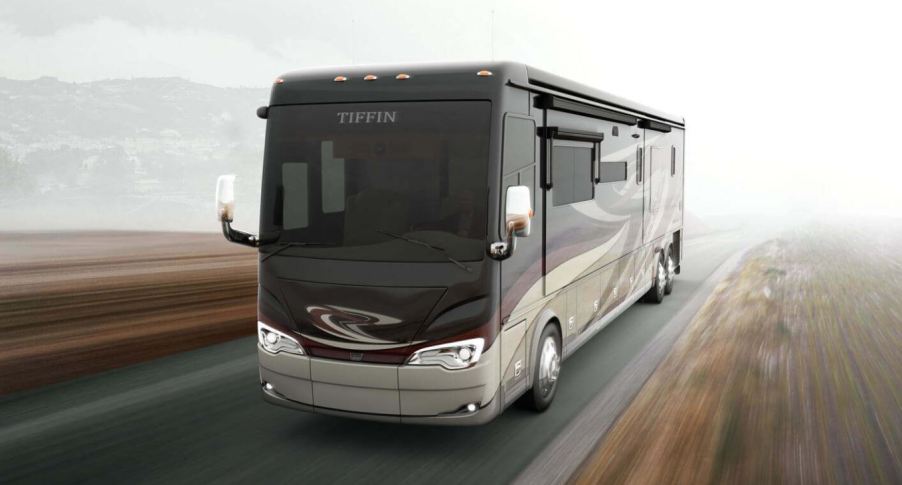
RV Motorhome Engine Costs Set to Rise Significantly Due to CARB Regulations
CARB is an acronym for the California Air Resources Board. The organization monitors air quality for the state of California. It also suggests legislation to ensure clean air standards are maintained or improved. The group recently helped get legislation passed in the state that limits diesel exhaust emissions. Given the number of tractor-trailers on the road in our nation, it is not surprising the organization moved such legislation forward. Sadly, there is a side consequence of the passage of this legislation that affects the RV industry. So, vanlifers and motorhomes travelers are going to take a hit.
Low Nitrogen Oxide Omnibus Regulation

The CARB recently approved the Low Nitrogen Oxide Omnibus Regulation in order to attain clean air goals. Motorhomes were not excluded even though the units are used significantly less on California roads every year. The regulation will take effect beginning in 2024.
What does this mean for the RV industry?
What does this mean for the RV industry? Well, when national smog regulations in the 1970s took effect in the automotive industry, engineers had to research and develop ways to scrub exhaust of harmful emissions. Then they had to test their ideas for durability and effect upon other components. Eventually, after much spent money, the catalytic converter became the game-winning idea, but it robbed vehicles of power. It took decades for engineers and researchers to regain the lost horsepower through more efficient engines. But, in large part, the costs were passed on to consumers. The passage of this new regulation will have a similar outcome to the RV industry. According to the RVIA, the RV Industry Association,
“This regulation will increase the cost of engines used in motorhomes significantly starting with the 2024 model year, particularly those motorhomes with diesel engines. CARB estimates that by 2031, the regulation will result in the lifetime cost of ownership increasing $8,841 for heavy-duty diesel engines and $5,814 for medium-duty diesel engines. These costs are associated with more stringent emissions certification standards, new in-use requirements, lengthened warranty requirements, enhanced durability demonstration requirements, enhanced defect reporting requirements, and increased diesel (DEF) consumption.”
RV Gasoline engines will be affected as well
Gasoline engines were not exempted from the regulation. However, the impact of the enforcement upon them will have a lesser effect. According to RVIA’s review of the CARB initiative the impact on gasoline engine RVs will be an increase of $411 by 2031.
CARB’s reach is beyond California
CARB’s reach is not just with its home state. Many other states look to California for guidance on emissions regulation, often choosing to enforce the same or similar measures. So, the impact of this regulation will be far-reaching.
CARB is always reviewing and making modifications where necessary to reach their emissions goals for the state. In the past, the organization has made exemptions for private owners or recreational vehicles. However, this go-around the organization seems to have missed putting that exemption in. It is unknown if that was intentional or not. So, expect further developments of this story as time goes on and the news of the regulation’s passage filters throughout the RV industry.


